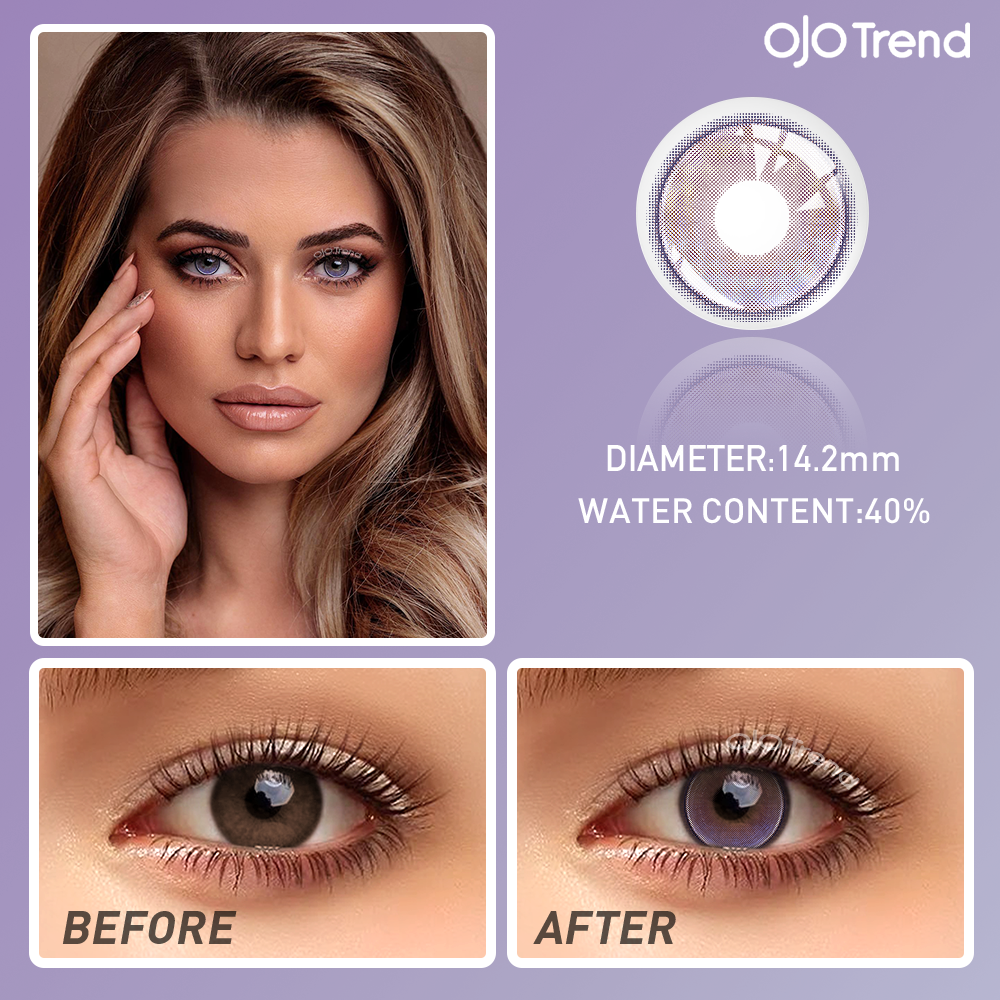When it comes to vision correction, contact lenses are a popular choice for many people. They offer convenience, a wide field of view, and can even enhance your appearance. However, with so many options available, it can be challenging to determine which contact lenses are best for your eye health. In this ultimate guide, we will explore the factors to consider when choosing the best contact lenses for your eyes.

Understanding Your Eye Health Needs
Before selecting contact lenses, it's crucial to understand your specific eye health needs. Factors such as dryness, astigmatism, or sensitivity to certain materials can influence which type of contact lenses will be most suitable for you. Consulting with an eye care professional is the first step in determining the best contact lenses for your individual needs. They can assess your eye health and provide recommendations based on their findings.
Types of Contact Lenses
There are various types of contact lenses available, each designed to address different vision and eye health needs. The most common types include daily disposable lenses, extended wear lenses, toric lenses for astigmatism, and multifocal lenses for presbyopia. Each type has its own set of benefits and considerations, so it's essential to understand the differences before making a decision.
Material and Oxygen Permeability
The material of the contact lens plays a significant role in eye health and comfort. Silicone hydrogel lenses, for example, offer high oxygen permeability, allowing more oxygen to reach the cornea. This can help reduce the risk of eye infections and promote overall eye health. When choosing contact lenses, consider the material and its oxygen permeability to ensure that your eyes receive adequate oxygen while wearing the lenses.
Lifestyle and Preferences
Another crucial factor in choosing the best contact lenses is your lifestyle and personal preferences. If you have an active lifestyle, you may benefit from daily disposable lenses that offer convenience and hygiene. On the other hand, if you prefer a more cost-effective option, monthly replacement lenses might be a better fit. Understanding how your daily activities and preferences align with different types of contact lenses can help you make an informed decision.
Ultimately, the best contact lenses for your eye health will depend on a combination of factors, including your eye health needs, the type of lenses that suit you best, the material and oxygen permeability, and your lifestyle and preferences. By considering these factors and consulting with an eye care professional, you can make an informed decision that prioritizes both your vision correction and eye health.